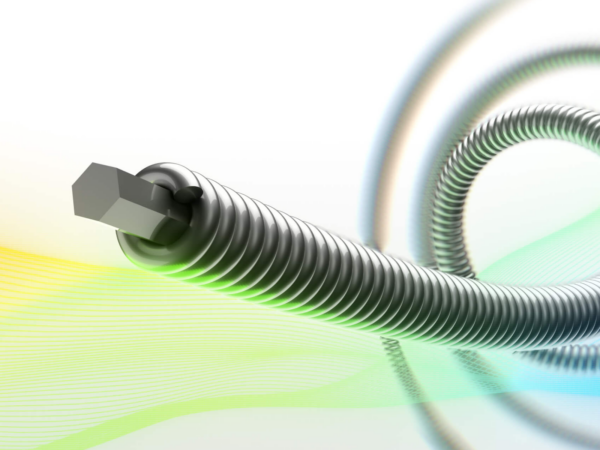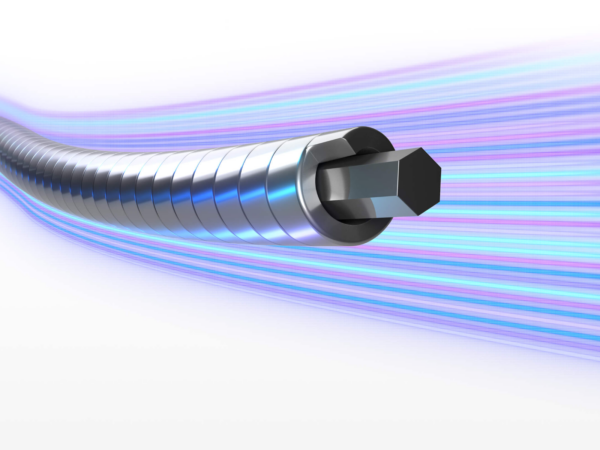When it comes to shaping your guitar’s tone, the choice of strings plays a pivotal role. Among the myriad options available, two distinct types stand out: roundwound and flatwound strings. Each has its unique characteristics, influencing not only the feel under your fingers but also the tone that emanates from your instrument. Let’s delve into the world of roundwound and flatwound guitar strings, exploring their differences and helping you make an informed decision for your musical journey.
Browse All Strings at Tone Tailors
Roundwound Strings: Bright and Present with an Edge!
Roundwound strings are the more common and widely used option among guitarists, favored for their bright and versatile tonal characteristics. These strings feature a round outer winding, creating a textured surface that interacts with the guitar’s pickups and produces a vibrant, edgy sound. The rougher texture also provides a distinct tactile feel, making them suitable for players who prefer a little more grip.

Pros of Roundwound Strings:
Brighter Tone: Roundwound strings deliver a crisp, bright tone that cuts through in various musical genres, making them ideal for rock, pop, and jazz styles.
Versatility: With their pronounced highs and well-defined lows, roundwounds are versatile and suitable for a wide range of playing techniques, from aggressive strumming to intricate picking.
Affordability: These strings are generally more affordable than flatwounds, making them a practical choice for players on a budget.
Flatwound Strings: Smooth Warmth and Feel
Flatwound strings, on the other hand, offer a smoother and mellower sound compared to their roundwound counterparts. Instead of a round outer winding, flatwounds feature a ribbon-like winding, resulting in a flatter surface. This design reduces finger noise and creates a more polished tone, making them a favorite among jazz, blues, and classic rock guitarists.

Pros of Flatwound Strings:
Smooth Tone: Flatwound strings produce a warm and smooth tone with reduced high-frequency content, making them perfect for genres that require a more refined and subdued sound.
Less Finger Noise: The flat surface minimizes finger noise, providing a cleaner and quieter playing experience, particularly during slides and string bends.
Longer Lifespan: Flatwound strings are known for their durability and longevity, as the lack of ridges on the surface reduces friction and wear.
Limited Brightness: If you’re looking for a bright and cutting sound, flatwound strings might not be the best choice, as they tend to lack the pronounced highs characteristic of roundwounds.
Cost: Flatwound strings are generally more expensive than roundwounds, which may influence the decision-making process, especially for players on a tight budget. However, because players change flatwounds less often they may end up saving more in the long-run!
In the eternal debate of roundwound versus flatwound strings, there is no definitive answer—only personal preference. Your choice depends on your playing style, the musical genres you explore, and the tonal characteristics you desire. Experimenting with both types can be enlightening, allowing you to discover the nuances each brings to your playing. Whether you’re chasing the brightness of roundwounds or the smooth warmth of flatwounds, the journey to find your perfect strings is a crucial aspect of sculpting your unique sonic identity as a guitarist.
Need help choosing strings? Reach out to us directly!
